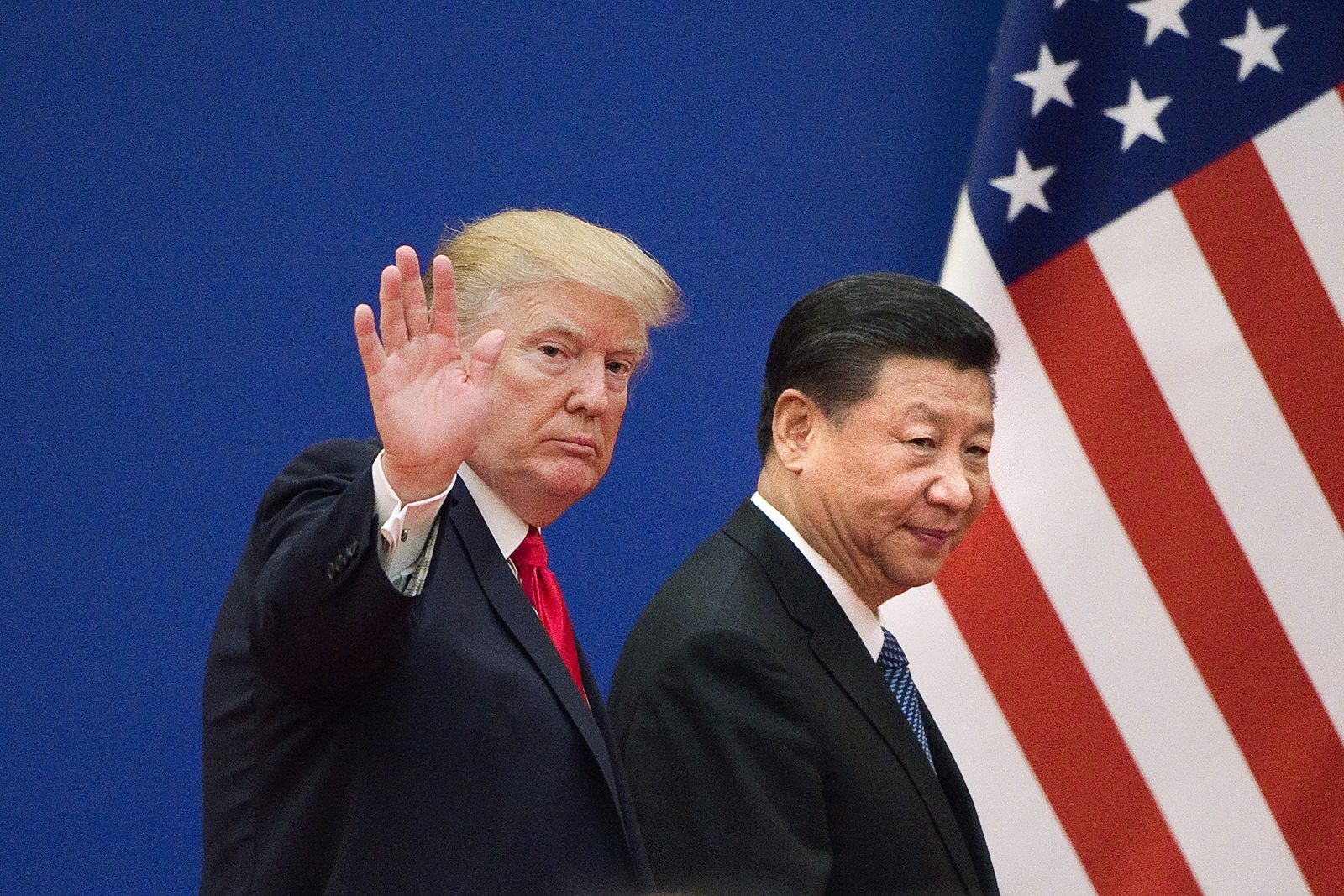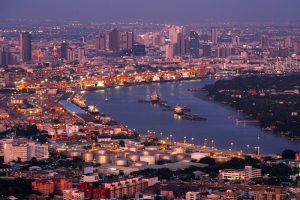Hong Kong: Investors dumped risky assets amid escalating tensions between US and China with the sustainability of China’s economic recovery also being questioned by wary investors.
China’s economy expanded by 3.2% in the second quarter soundly beating street expectations. The expansion followed the historic contraction of 6.8% year-on-year in Q1, the first shrinkage since 1992.
An AFP poll had predicted that GDP would expand by 1.3% in the April-June period.
“Chinese growth rebounded in the second quarter exceeding our expectations considerably but we still think it is unsustainable. Even though exports have improved, there are still challenges from geopolitics and the floods,” Iris Pang, Chief Economist for Greater China at ING Bank, said.
Japan’s Nikkei 225 eased 0.76%, Australia’s S&P ASX 200 dipped 0.69% and the Hong Kong benchmark, the Hang Seng index, slid 2%. Mainland China’s equity benchmark the CSI300 crashed 4.81%.
“Despite the improved market sentiment in recent weeks, domestic consumption is by no means close to pre-lockdown level and is far from a broad-based recovery,” Jinny Yan, and Helena Huang, economists at ICBC Standard Bank, said.
“Regulatory tone has recently shifted towards curtailing speculative investments causing the much-feared asset inflation in equity and housing markets.”
These concerns rattled a market already jittery about the geopolitical environment.
US Secretary of State Mike Pompeo said earlier the US State Department will impose visa restrictions on certain employees of “Chinese technology companies like Huawei that provide material support to regimes engaging in human rights violations and abuses globally.”
The continued spread of the coronavirus pandemic has also cast a cloud over investor sentiment with the global infection count crossing the 13.5-million mark with over 583,000 deaths worldwide.
This has increased the risk of a W-shaped economic cycle or a double-dip recession, according to analysts at IHS Markit.
“We currently assign a probability of around 20% to such a scenario. Depending on the pattern of infections, this risk could rise in the coming months,” IHS Markit economists Nariman Behravesh and Sara Johnson said in a note. “The likely timing of a second downturn would be late this year or early 2021, and the economic contraction would probably not be anywhere near as severe as the recession we just went through. Virus management has improved, and widespread lockdowns will probably not be necessary.”
The protracted slowdown would mean a low-interest-rate environment for longer which sparks yield-seeking flows. Credit markets are firm with the Asia IG index one basis point tighter at 78/79 bps. The primary issuance pipeline remains active with potential deals by Redsun Properties, Globe Telecom and DoubleDragon Properties in the market.
Also on Asia Times Financial
China’s regulators, courts crack down on illegal bond dealings
Beijing tightens reins on global rare earths supply
IMF chief warns global economy ‘not out of the woods yet’
China to reopen cinemas next week as virus cases fall
China speeds up construction of data centres
Foreign Exchange:.
Asia Stocks
# Japan’s Nikkei 225 eased 0.76%
# Australia’s S&P ASX 200 dipped 0.69%
# Hong Kong’s Hang Seng index slid 2%
# China’s CSI300 tumbled 4.81%
# The MSCI Asia Pacific index retreated 1.14%.
Stock of the day
Semiconductor Manufacturing Intl Corp fell as much as 28.5% after a stock exchange filing revealed the company had issued 1.7 billion shares at a discount of 20% to its market price for purposes of listing on Shanghai’s STAR board.
























